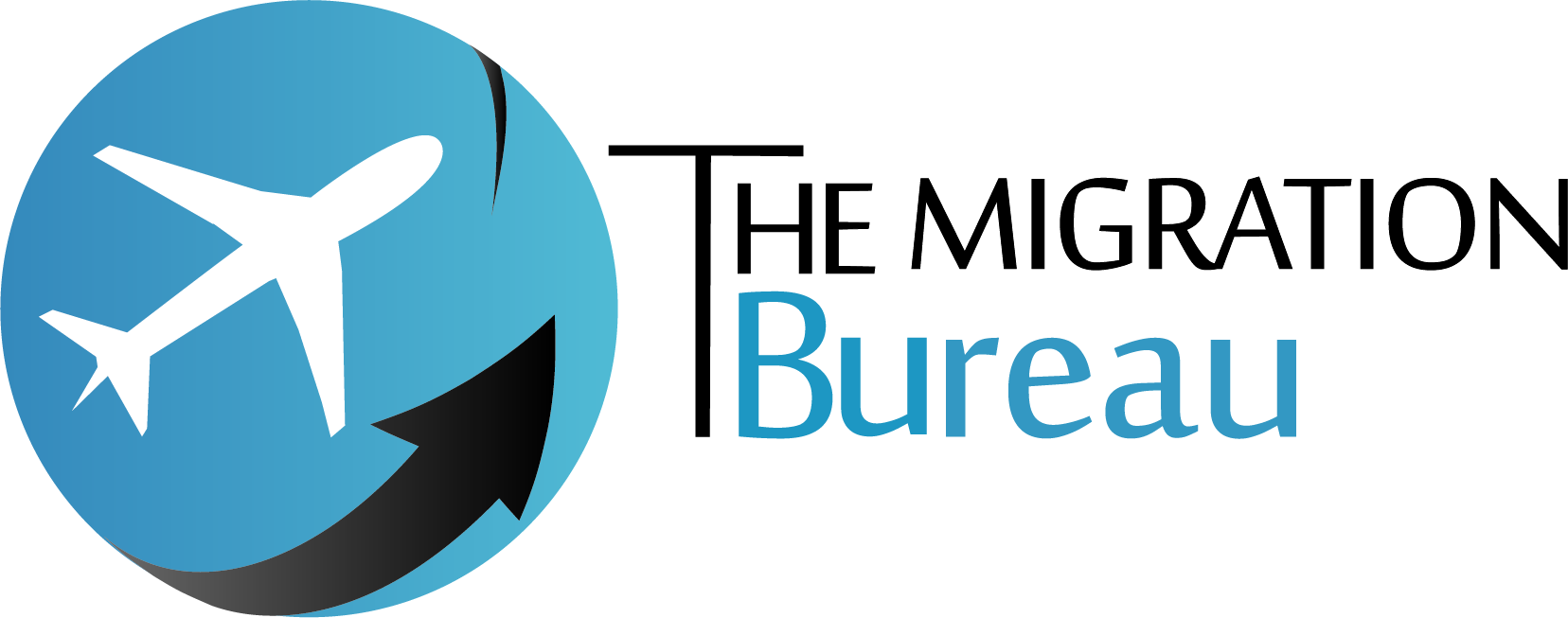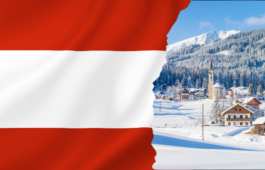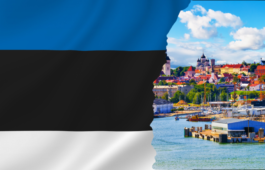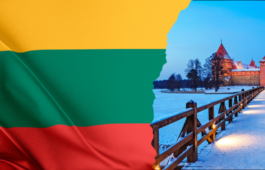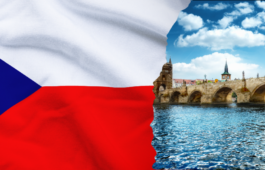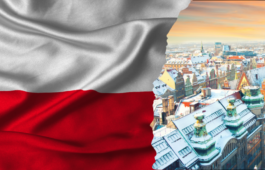End of omicron in Europe? Lifting up restriction in February 2022.
- 13 February 2022
- The Migration Bureau
- No Comments

End of omicron in Europe? Lifting up restriction in February 2022.
Europe is starting to open up – more countries decide to ease covid restrictions. Although the number of infections still hovers around historic records, many countries have already decided to relax restrictions. In Switzerland, Ireland, the Netherlands, the Nordic countries and France, restrictions have been lifted or partially eased.
New rules are often announced overnight, so when planning a vacation, skiing or winter vacation, you need to keep track of the information about the country to which you are going. Currently, most European countries require tourists to have the so-called EU COVID Certificate (known as a covid passport). In some countries, the lack of vaccination means that access to services such as hotels, restaurants and ski slopes is difficult. The validity of the vaccination certificate, PCR and antigen tests, and quarantine conditions vary by country.
However, from February 2022, the EU has been demanding an end to additional restrictions on travelers and tourists holding a covid passport. Mandatory testing for vaccinated people is to go down in history.
The European Commission has decided that the validity of the EU COVID Certificate will be shortened. From February 1, 2022, after receiving the vaccine, the so-called The covid passport will no longer be valid for 12 months as before, but for 9.
The WHO regional director predicts that by March 2022, about 60 percent. Europeans can get infected with the Omikron variant. When the peak of infections occurs, “population immunity will be developed for several weeks, resulting from the vaccination campaign or the transmission of COVID-19 disease.
This “return to normal” coincides with the fifth wave induced by the highly infectious variant of Omikron. Is this the last wave of the virus. We cannot be sure of that.
Poland also joins the group of countries which lifting up restrictions. These are the new rules related to the prevention of the coronavirus epidemic in Poland.
Liquidation Quarantine from contact
From February 11, the so-called “Contact quarantine.” In other words, the mere contact with a sick person will no longer be the basis for the automatic imposition of quarantine.
After crossing the border
From February 11, regardless of the direction of arrival or arrival in Poland, the entry quarantine generally lasts 7 days.
If a post-border quarantine was imposed before February 11, it will not be shortened.
It is possible to be released from quarantine by taking the test within 48 hours of crossing the border, for unvaccinated people coming from:
countries belonging to the Schengen area,
European Union Member States,
The Principality of Andorra, the Principality of Monaco, the Republic of San Marino or the Vatican City State,
Turkey.
People coming from the EU / Schengen area who are holders of the EU Covid Certificate are exempt from entry quarantine and do not need to have a negative test result.
Visitors from outside the EU / Schengen area still need to show the result of the diagnostic test from 24 hours before or up to 3 hours after arrival. Its negative result, together with the fulfillment of the conditions specified in the regulation (including the possession of the EU Covid Certificate), will result in release from quarantine. People returning to Poland from outside the Schengen area, who do not show a negative test result for the coronavirus and do not have a vaccination certificate, must undergo quarantine. From February 11, 2022, the length of the quarantine was reduced from 14 to 7 days.
from Friday, February 11, the entry quarantine for people returning from the Schengen area countries will no longer apply in Poland. This means that even unvaccinated people without a valid test will no longer have to quarantine themselves after returning from vacation or holidays, as long as they were resting in a country belonging to the Schengen Area.
The new rules of travel, adopted by the authorities of the European Union, met with a positive response from European governments and societies. More and more countries are relaxing COVID restrictions for their own citizens and travelers. In January, the most radical steps were taken by Great Britain, Ireland, the Netherlands, Sweden, Norway, Finland, Austria and even Italy. Denmark became the first European country to announce the end of all COVID restrictions from February 1, 2022.
